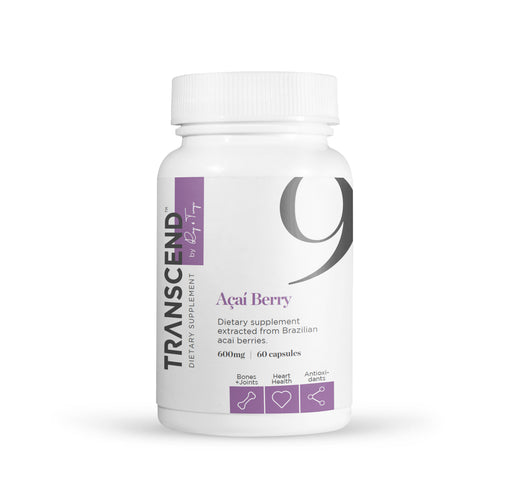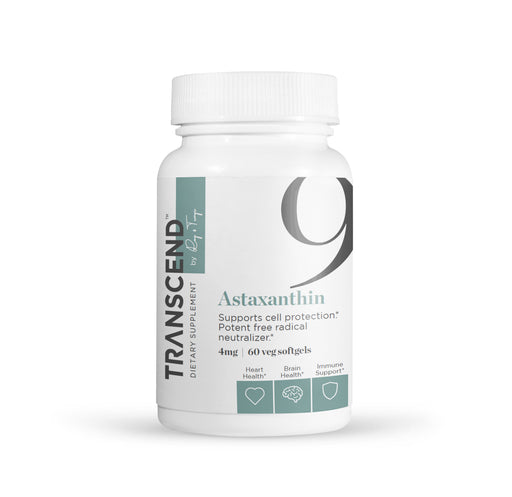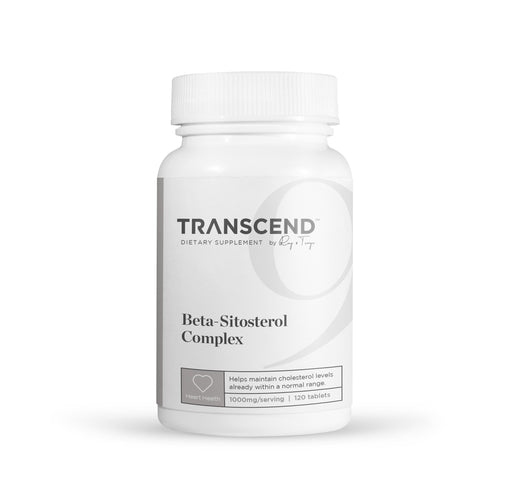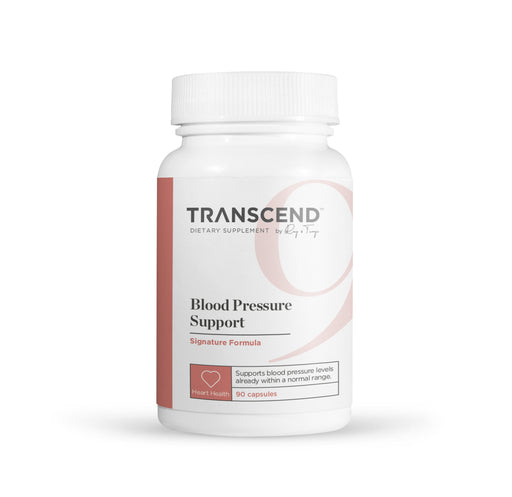
Acai Extract
Support with Increase blood antioxidant capacity Maintain proper cellular function Protect cardiovascular health The Acai Berry is a small deep ...
View full details
If improving your overall health was one of your New Year's resolutions, there's no better place to start than your heart. This central organ works hard on your behalf, beating more than 100,000 times and pumping roughly 2,000 gallons of blood every day.
Heart failure occurs when your heart starts working less efficiently than it should, causing blood to move more slowly through your body and increasing pressure on your heart. A variety of conditions can cause heart failure, but it's a serious concern: 1 in every four deaths in the United States is heart disease-related. If that number sounds ominous (and it should), it's not a death sentence. An estimated 80% of cardiovascular deaths are preventable, which means taking a proactive approach to your heart health can make a big difference.
Getting (or staying) active is one of the most important tools you can use to improve your heart health. Aerobic exercise can help improve circulation, lowering your blood pressure and heart rate, while resistance training helps reduce fat and create leaner muscle mass. Together, aerobic exercise and resistance training can help improve your "good" cholesterol while lowering "bad" cholesterol.
How to do it:
Certain foods, like processed meats, refined carbohydrates, and sugary beverages, are known to increase your risk of heart disease. If you can cut these foods out of your diet entirely, that's great. If you can't, make them an occasional treat, not an everyday indulgence.
How to do it:
Some studies have shown links between poor oral health and a higher rate of heart problems. While this connection is not yet conclusive, tooth loss patterns are still linked to coronary artery disease. Poor dental health can even increase the risk of bacterial infections that can compromise the heart.
How to do it:
We talk about it a lot, but it's for a good reason: sleep is essential for your good health since your body needs downtime to repair and reset. When you're sleeping, your heart rate slows, and blood pressure drops, reducing stress on the heart and allowing it to recover from the day. It makes sense, then, that insomnia is often linked to high blood pressure and heart disease. Poor sleep and higher stress are often correlated, and both have negative implications for your heart health.
How to do it:
It should come as no surprise, but alcohol and tobacco aren't doing your heart any favors. Alcohol is full of empty calories, and consuming too much of it can increase your blood pressure. Tobacco use is a significant cause of cardiovascular disease, with one in every four deaths from heart disease attributed to smoking. Smoking permanently damages your heart and blood vessels, and you don't even have to be a smoker to be at risk. Secondhand smoke causes more than 30,000 coronary deaths per year in the U.S.
How to do it:
February is American Heart Month, and now is the perfect time to implement the diet and lifestyle changes you need to improve your heart health as well as your overall health.
Remember, before you make any substantial changes to your wellness routine, be sure to talk to your doctor first!

Support with Increase blood antioxidant capacity Maintain proper cellular function Protect cardiovascular health The Acai Berry is a small deep ...
View full details
Healthy Eyes, Brain and Nervous System Potent carotenoid antioxidant Promotes healthy anti-inflammatory response Formulated with Zanthin® for eye...
View full details
Beta-Sitosterol Complex 1000 mg * (Plant phytosterols, including beta-sitosterol, campesterol, stigmasterol, brassicasterol, and sitostanol.) Main...
View full details
A Kurzweil + Grossman Formula Heart Health Maintain normal blood pressure Protect organ health Natural ingredients Blood pressure is composed of...
View full details
Leave a comment